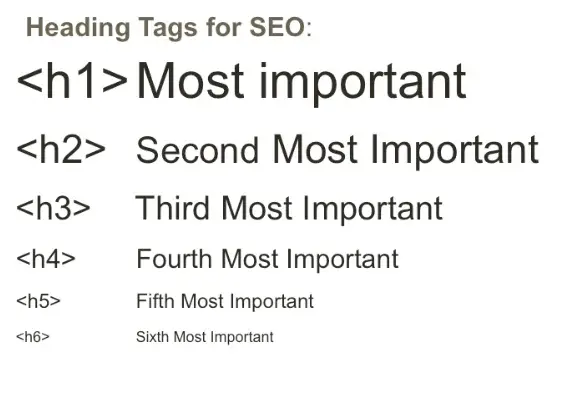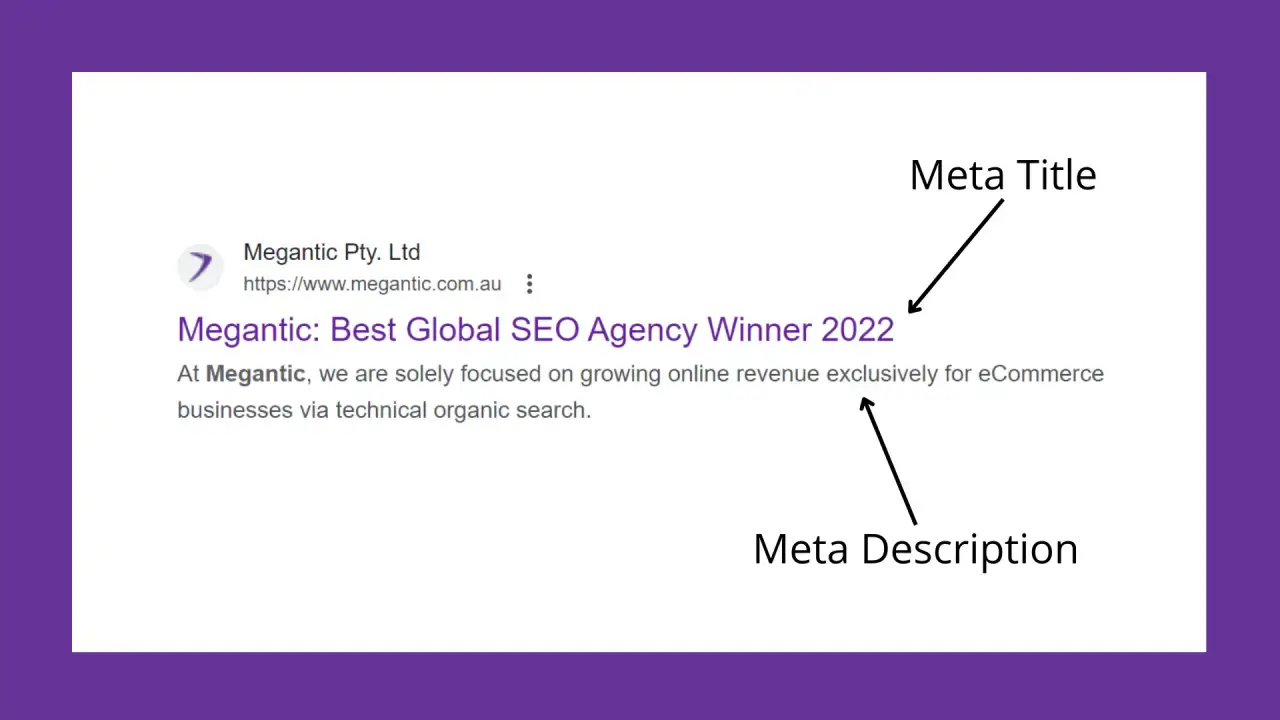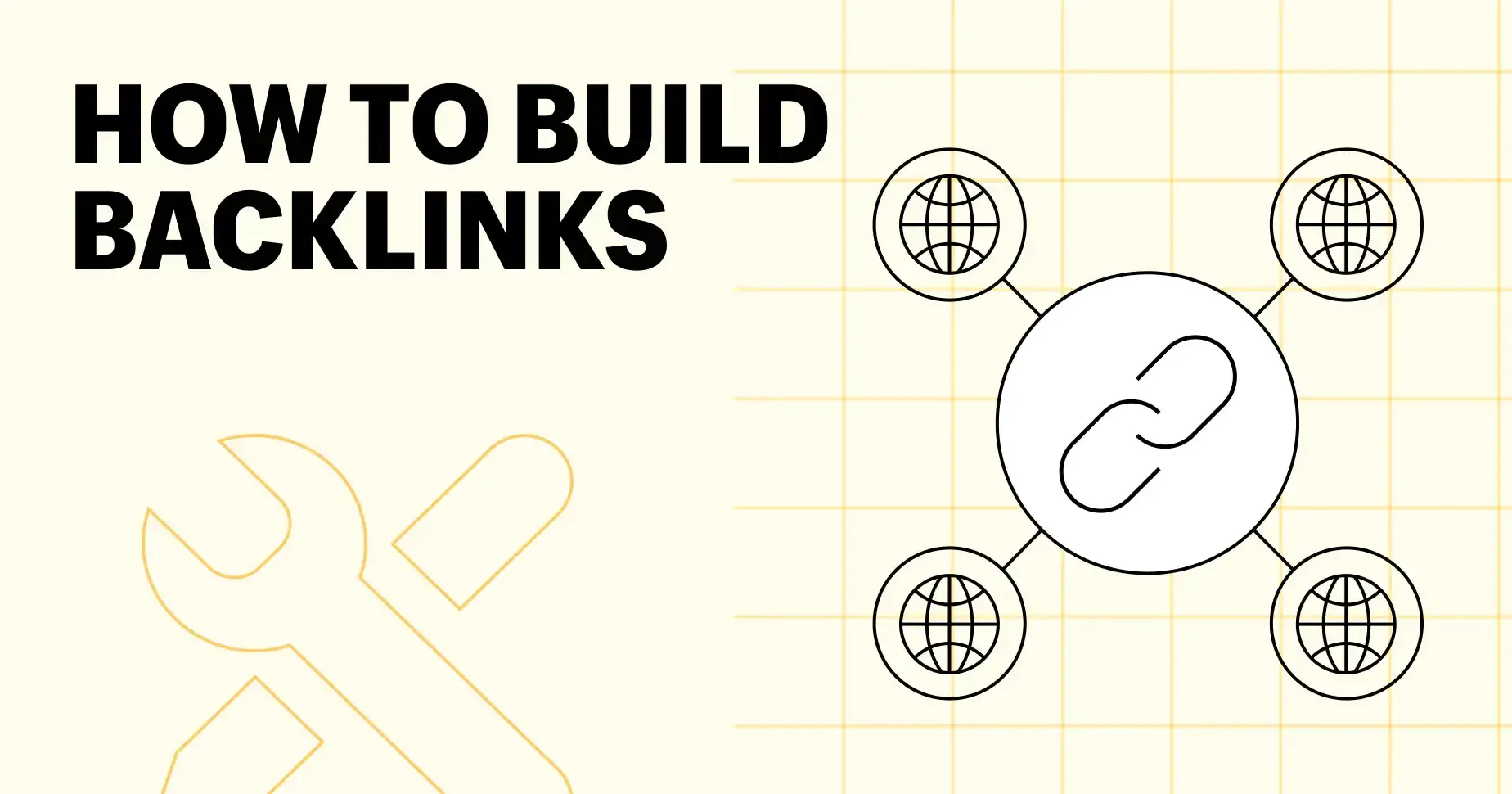
Let’s dive into what header tags are, why they matter, and how you can optimize them to improve your SEO.
What Are Header Tags?
Header tags are HTML elements used to define headings and subheadings within your content. They range from H1 (the most important) to H6 (the least important). Here’s a quick rundown:
H1: Usually reserved for the main title of the page.
H2: Used for major section headings.
H3: Subsections within H2 sections.
H4 to H6: Further subdivisions, less commonly used but still valuable for deep structuring.
Why Are Header Tags Important for SEO?
Improved Readability and User Experience: Header tags break up your content into manageable sections, making it easier for readers to scan and find the information they need. A well-structured article with clear headings is more likely to keep visitors engaged, reducing bounce rates.
Enhanced Keyword Relevance: Search engines use header tags to understand the context and structure of your content. By incorporating relevant keywords into your headings, you signal to search engines what your content is about, improving your chances of ranking for those terms.
SEO Hierarchy and Structure: Header tags create a logical hierarchy that search engines use to determine the importance of content. Proper use of H1 through H6 tags helps search engines understand the relationships between different parts of your content.
Best Practices for Optimizing Header Tags
Use One H1 Tag Per Page: Your H1 tag should be unique and accurately describe the main topic of the page. It’s the most critical heading for both users and search engines. Think of it as the title of a book.
Incorporate Keywords Naturally: While it’s essential to include keywords in your headers, avoid keyword stuffing. Make sure the text remains natural and useful for readers. Each header should give a clear indication of what the following section is about.
Maintain a Logical Hierarchy: Follow a sequential order with your headers. Start with H1, then move to H2 for main sections, H3 for subsections, and so on. This hierarchy helps both users and search engines navigate your content more effectively.
Be Descriptive and Concise: Your headers should be informative yet brief. They should provide enough information to understand the section’s content without being overly wordy.
Use Headers to Enhance Skimmability: Online readers often skim content to find the information they need quickly. Use headers to highlight key points and make your content more skimmable. Bullet points and numbered lists can also complement headers for better readability.
Optimize for Featured Snippets: Well-structured headers can help you appear in featured snippets on Google. Use clear and concise headers to answer common questions or highlight important information, increasing your chances of being featured.
Common Mistakes to Avoid
Multiple H1 Tags: Using more than one H1 tag can confuse search engines and dilute the importance of your primary heading. Stick to a single H1 tag per page.
Skipping Header Levels: Avoid jumping from H1 to H3 or H2 to H4 without logical progression. Skipping levels disrupts the flow and can confuse search engines about the content hierarchy.
Overstuffing Keywords: While keywords are essential, overloading your headers with them can make your content look spammy and negatively impact readability. Balance is key.
Neglecting Lower-Level Headers: Don’t ignore H4 to H6 tags if your content is extensive. They help break down complex information into more digestible parts, enhancing both user experience and SEO.
Mastering header tags is a fundamental aspect of on-page SEO that can significantly impact your website’s performance. By creating a logical structure, improving readability, and strategically incorporating keywords, you can enhance both user experience and search engine visibility. Remember, a well-organized article with clear, descriptive headers not only appeals to your readers but also helps search engines understand and rank your content more effectively. Start optimizing your header tags today, and watch your SEO efforts pay off!







